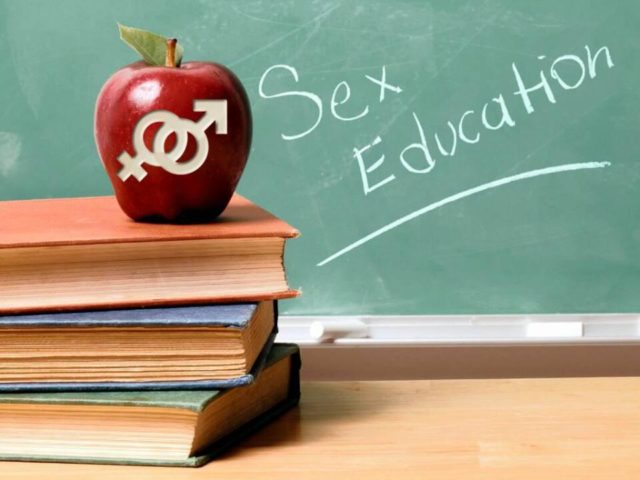Nearly 100000 teenage pregnancies are recorded in the country annually, and you have a compelling case for sex education to be compulsory in schools
ALTHOUGH South Africa has made huge strides in fighting the Aids epidemic, the Health Sciences Research Council reported last year that 600 people are still infected with the virus every single day, many of them young.
Add to this the fact that nearly 100000 teenage pregnancies are recorded in the country annually, and you have a compelling case for sex education to be compulsory in schools.
Parents and religious organisations can continue to bury their heads in the sand and pretend that children are not sexually curious – and active – and allow these numbers to escalate, or they can allow their children to be given information in school which will enable them to make informed decisions about their sexuality.
Further making the case for sex education to be imparted in schools, research has shown that less than 50% of women and men aged 15 to 24 can correctly identify ways of preventing the sexual transmission of HIV.
HIV and Aids management expert Marieta de Vos says while it is the parents’ job to guide their children, many abdicate the responsibility of having conversations about sex and sexuality with their children.
This can be because of a lack of knowledge and skills, or cultural norms and taboos which mitigate against such conversations.
This leaves children to learn from one another, and from freely and widely available pornography, which further misshapes their perceptions of what a healthy sexual relationship entails.
Parents also argue against the Education Department introducing sex education in primary schools, when there are many examples of 10-year-olds falling pregnant, and the number of young women engaging in “blesser” relationships with older men continues to rise.
De Vos says sex education reduces HIV and other sexually-transmitted infections, gender-based violence and teen pregnancies. Contrary to parents’ fears, it does not sexualise children or increase their sexual activity, sexual risk-taking behaviour or STI/HIV infection rates. Instead, it promotes safe sexual behaviour.
Basic Education Minister Angie Motshekga is making a mistake by giving parents the choice to pull their children out of the sexuality curriculum, provided they could produce an alternative curriculum that met the required competencies.








